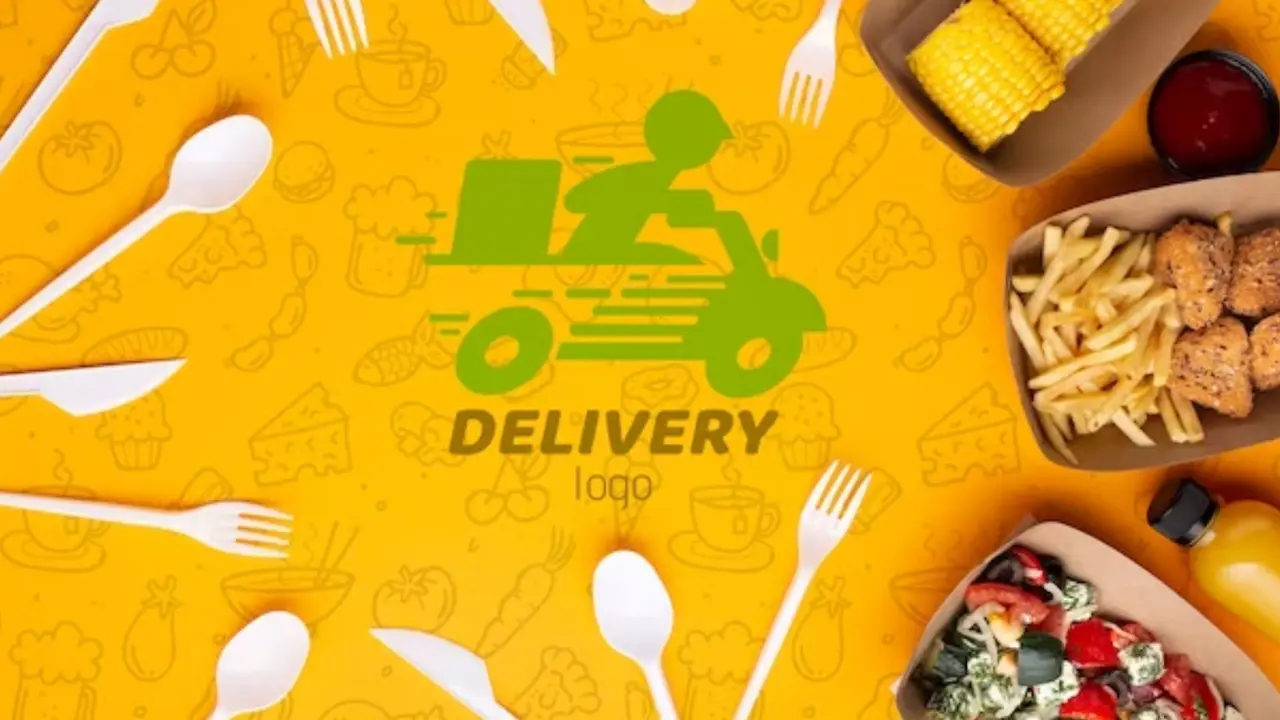Updated 4 April 2025 at 21:04 IST
Young, Graduates and Sole-Earners! Reality Of India's Delivery Boys
Piyush Goyal’s remarks sparked debate, recent data from the NCAER paints a more complex portrait of India’s food delivery workforce.
- Republic Business
- 2 min read

Union Commerce and Industry Minister Piyush Goyal launched a blistering critique of India’s startup ecosystem at the inaugural session of Startup Mahakumbh 2025, urging founders and investors to think beyond short-term convenience-based services.
“In India, we’re focused on food delivery apps, turning unemployed youth into cheap labour so the rich can get their meals without moving out of their house,” Goyal said. Displaying a slide comparing Indian and Chinese startup trends, he posed a provocative question to the audience: “Should we aspire to be the best—or be happy being delivery boys and girls?”
The Gig Worker Reality
While Goyal’s remarks sparked debate, recent data from the National Council of Applied Economic Research (NCAER) paints a more complex portrait of India’s food delivery workforce—often used as shorthand for the gig economy.
According to the 2023 NCAER survey, the average age of a food delivery worker is 29.1 years, slightly older than the average urban youth (24.6 years) but younger than the average urban male worker (39.9 years). These workers are better educated than often assumed. In Tier 2 cities, nearly 40% are college graduates. In terms of family responsibility, 43.7% are sole earners, and another 20.6% are primary earners, supporting households that rely on their incomes.
While the nature of gig work is demanding—food delivery workers put in 27.7% more hours than the average urban youth male—they also work shorter shifts, and many juggle it with other commitments.
‘China Builds Tech, We Deliver Food’
Goyal pointed to China’s strategic focus on deeptech and manufacturing-driven innovation. “Chinese startups are working on battery technology and electric mobility. That’s why they’re dominating the electric vehicle ecosystem today,” he said. “What are we doing? Selling cookies and delivering food?”
He took aim at India’s consumer-focused startup culture, including what he called “gimmicky” brands. “I know at least three or four billionaires whose children have successful ice cream or cookie ventures. I have no complaints about their success. But is this the best we have to offer the world?” he asked. In a pointed message to the startup investors in the room—including Shark Tank’s Aman Gupta—he said, “Please change your perspective, Sharks.”
Goyal urged Indian entrepreneurs to shift their focus from “dukaandari” (small-time commerce) to globally scalable innovations that address critical challenges.
Advertisement
Published By : Rajat Mishra
Published On: 4 April 2025 at 21:04 IST
